Hardwood vs Softwood: Choosing the Right Material for Replacement Sash Windows
When it comes to replacing your sash windows, one of the first and most important decisions you’ll face is which timber to choose: hardwood or softwood. While both materials are commonly used in sash window manufacture, they offer different advantages in terms of durability, finish, and long-term performance.
At Mortice & Green, we’ve been restoring and crafting bespoke hardwood sash windows in London since 1994. Whether you live in a period property in a conservation area or simply want to upgrade your draughty sash windows, understanding the differences between hardwood and softwood is essential for making the right choice.
What’s the Difference?
The terms “hardwood” and “softwood” refer to the type of tree the timber comes from, not necessarily the density of the wood. Generally speaking, hardwoods come from slow-growing deciduous trees, while softwoods come from faster-growing coniferous trees. This has a significant impact on cost, strength, and longevity.
Hardwood Sash Windows: Strength, Longevity, and Superior Finish
Hardwood (such as oak, sapele, or iroko) is renowned for its natural strength and resistance to rot, making it an ideal material for long-lasting, high-quality sash windows.
Key Benefits:
- Durability: Hardwood is denser and more resistant to wear, making it better suited to London’s changing climate and pollution levels.
- Low Maintenance: Thanks to its inherent strength, hardwood requires less frequent repainting or repair.
- Aesthetic Appeal: It provides a smoother, richer grain that takes stain or paint extremely well, offering a premium finish.
- Long-Term Value: Though the initial investment is higher, hardwood windows often last 50 years or more with proper care.
At Mortice & Green, we specialise in replacement hardwood sash windows, hand-built to match the exact dimensions and style of your originals, perfect for period homes and conservation areas.
Softwood Sash Windows: Affordable and Functional
Softwood (commonly pine or redwood) is more affordable and easier to work with, making it a practical option for homeowners on a budget or for properties where longevity isn’t the top priority.
Key Advantages:
- Cost-Effective: Typically cheaper than hardwood, softwood is a more budget-friendly option upfront.
- Workability: Softwood is easier to shape and cut, allowing for faster manufacturing and installation.
- Lightweight: This can be an advantage in some retrofit projects, particularly where the frame structure is less robust.
However, softwood is more vulnerable to moisture, warping, and decay over time, especially in exposed locations. It also requires more regular maintenance, including repainting and treating, to extend its lifespan.
Which Is Right for Your Home?
- If you own a listed or heritage property in London, or if you’re looking for a long-term investment that respects architectural integrity, hardwood is the superior choice.
- If your priority is a cost-conscious solution for a secondary space or a short-term project, softwood may be worth considering, but expect more upkeep.
At Mortice & Green, we believe that sash windows should be built to last. That’s why we manufacture our replacement sash windows from premium hardwood, offering strength, stability, and timeless elegance that complements the original character of London’s period homes.
Get Expert Advice from Mortice & Green
Still unsure which timber is right for your sash window replacement? Our experienced joiners are happy to advise based on your property type, location, and long-term goals. We’ll provide an honest, straightforward recommendation, and a quote based on what your home truly needs, not what’s most profitable. Contact Mortice & Green today for expert advice on sash window replacement, renovation, or repair across London.

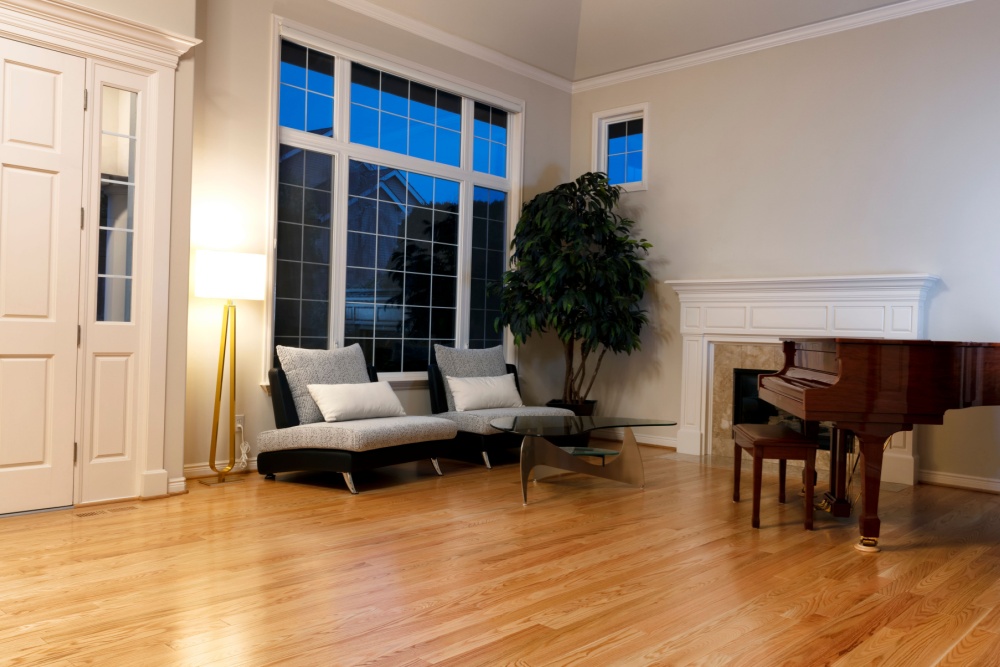
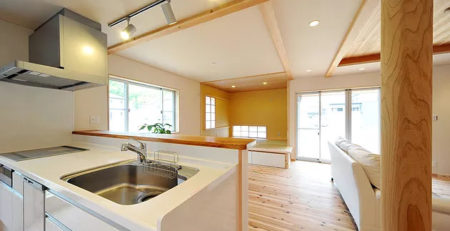
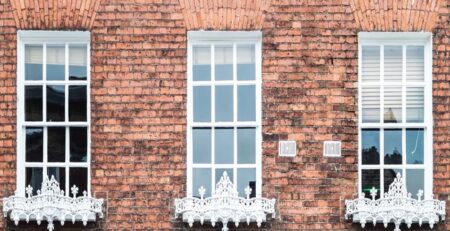
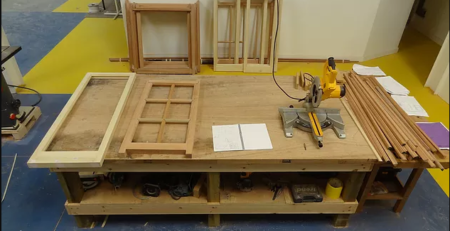
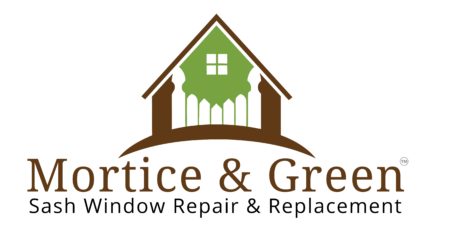
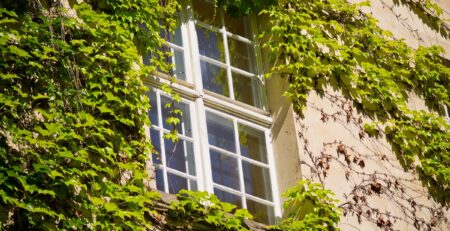
Leave a Reply